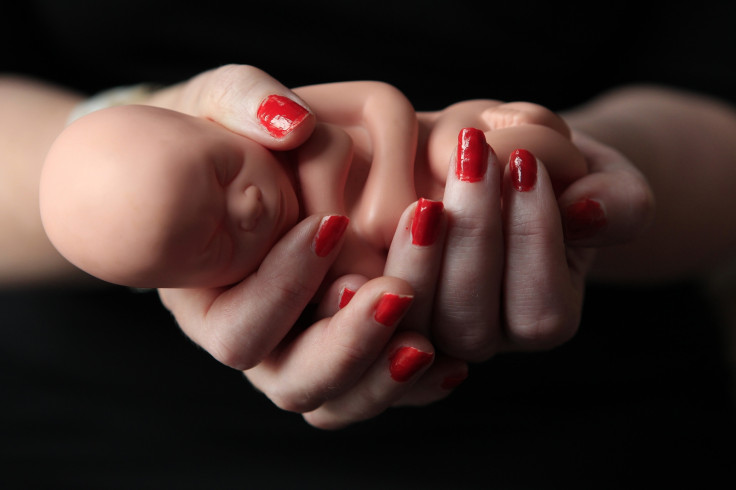India: 'Selfie with daughter' online museum launched in Haryana to fight gender bias

An online library, possibly the first of its kind in the world, has been launched in India that will have a collection of selfies with daughters. The brain behind the online portal is a former village sarpanch – an administrative head of a village – who received praise from Indian Prime Minister Narendra Modi for his innovative "selfie with daughter" campaign.
Sunil Jaglan, who got the website – http://selfiewithdaughter.world – developed, said the online museum has a capacity to hold a million selfies.
The selfie museum was launched on Thursday by Anil Vij, the health minister of Haryana, a state in northern India, which has a high number of female foeticide cases. The minister posted a selfie with his niece on the website to mark its launch. Within a few hours of going online, the website recorded more than 13,000 visitors. The union ministry of women and child development is sharing the website's link on social media to promote the measure aimed at putting an end to female foeticide and violence against women.
Jaglan, who had organised the "selfie with daughter" contest in June 2015, said it received an overwhelming response from the people. He said although the contest was held only for that month, he still receives selfies with daughters on his WhatsApp account. "The craze for the campaign can be estimated from the fact that I have received as many as 8,000 selfies in the past one year. Many of these came from abroad, including USA and Germany," Jaglan was quoted by The Times of India as saying. "The people even asked me to share the selfies on a Facebook page. Such a response inspired me to develop a website where people can upload and see their selfies anytime in the future," he added.
Jaglan held the "selfie with daughter" contest when he was the head of a village called Bibipur in Jind district in Haryana. The contest was aimed at inspiring parents to feel proud of their daughters, given the large-scale discrimination against female children in Indian society. He also has the credit of organising a congress of more than 100 khaps – a social body that represents a clan or a group of related clans in northern India – to vow to end female foeticide.
© Copyright IBTimes 2025. All rights reserved.



















